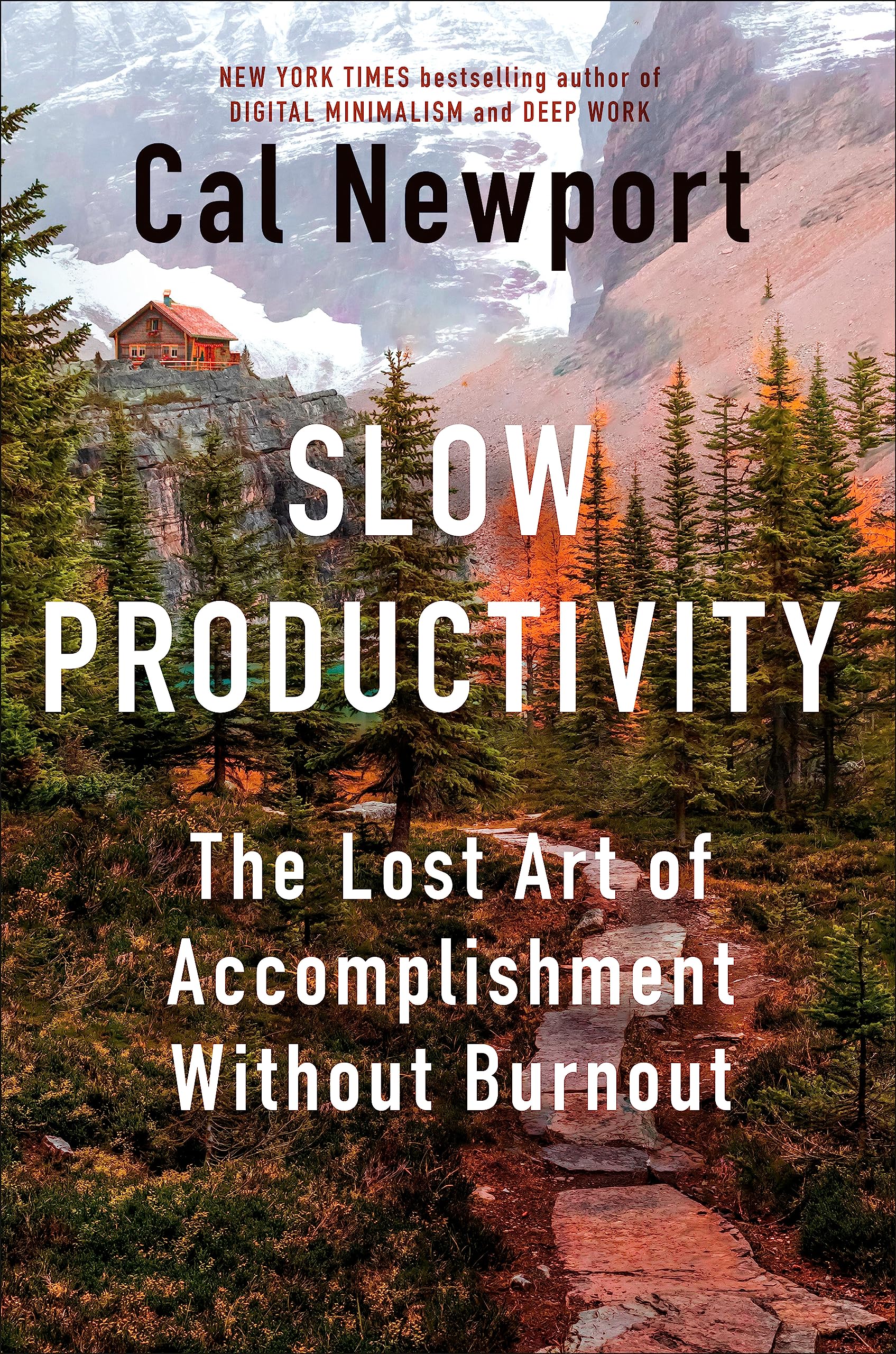Would You Like an Extra Day Off?

While the world contemplates a switch to 4-day workweek, Greece recently passed labour laws for a 6-day workweek. Yep, 48+ hours per week. While the Greek government cited the need for increased productivity, a 6-day workweek will do more harm than good.
Let’s explore why this is a bad idea and why you should consider a 4-day workweek instead. ✔️
1. The Myth of Increased Productivity
More workdays equal more output, right? Studies show the opposite.
Greeks work the most hours among Europeans according to Organisation for Economic Co-operation and Development (OECD). Yet, they rank 24th out of 25 in productivity. After a certain point, additional work hours lead to diminishing returns and reduced productivity.
Cal Newport, the Author of Slow Productivity, notes that many employees (especially post-pandemic) are pressured to do more work in less time. I'm sure many of you have experienced this. This pressure can lead to stress, burnout, and shallow work.
If workers were given a more focused tasks list and sufficient free time (say, with a 4-day workweek!), they could engage in thoughtful, high-quality efforts that improve productivity and job satisfaction.
2. Work-Life Imbalance
A 6-day workweek leaves little room for personal relationships, passion projects, exercise, or self-care.
Early in my career, I worked 6 days a week (sometimes 7) for years. It was a great clinic with a kind boss and a high income – the perfect job to jumpstart my career. But I eventually became unhappy due to overworking.
You can have the perfect job you love, but you won't be happy without self-care and important relationships.

3. Reduced Job Satisfaction
Research has shown that work satisfaction is more about how you integrate your job into your life, rather than the specific job itself.
This is why you can have a successful lawyer who is miserable and a happy hospital janitor who finds deep work satisfaction.
However, you can't reflect on these big-picture questions if you're overworking.
Reducing your work hours allows you to take a step back, and see how you can integrate it into your life:
- Maintain work-life balance
- Align work with your personal values and passions
- Build a compelling career (click here for my personal example)
4. Burnout
Constantly working without proper rest leads to burnout, stress, and mental health issues.
Society often commends overworking, which only fuels workaholism and "hustle culture". However, we can all benefit immensely from working less, so that we can produce better quality of work.
5. Self-Care
As knowledge workers, we tend to the needs of many people professionally and personally – clients, patients, parents, kids, partners, etc. Meanwhile, self-care often gets neglected.
Self-care is often neglected first when life gets busy, and I've fallen into this trap myself in the past.
What Would You Do With an Extra Day Off?
The happiest doctors I know are those who work less to make room for family, passion projects, and self-care.
If you're a knowledge worker, you probably have more agency over your schedule than you think. For inspiration, check out Slow Productivity. Cheers!

Join me on a journey to redesign life, one step at a time! 👊






Member discussion